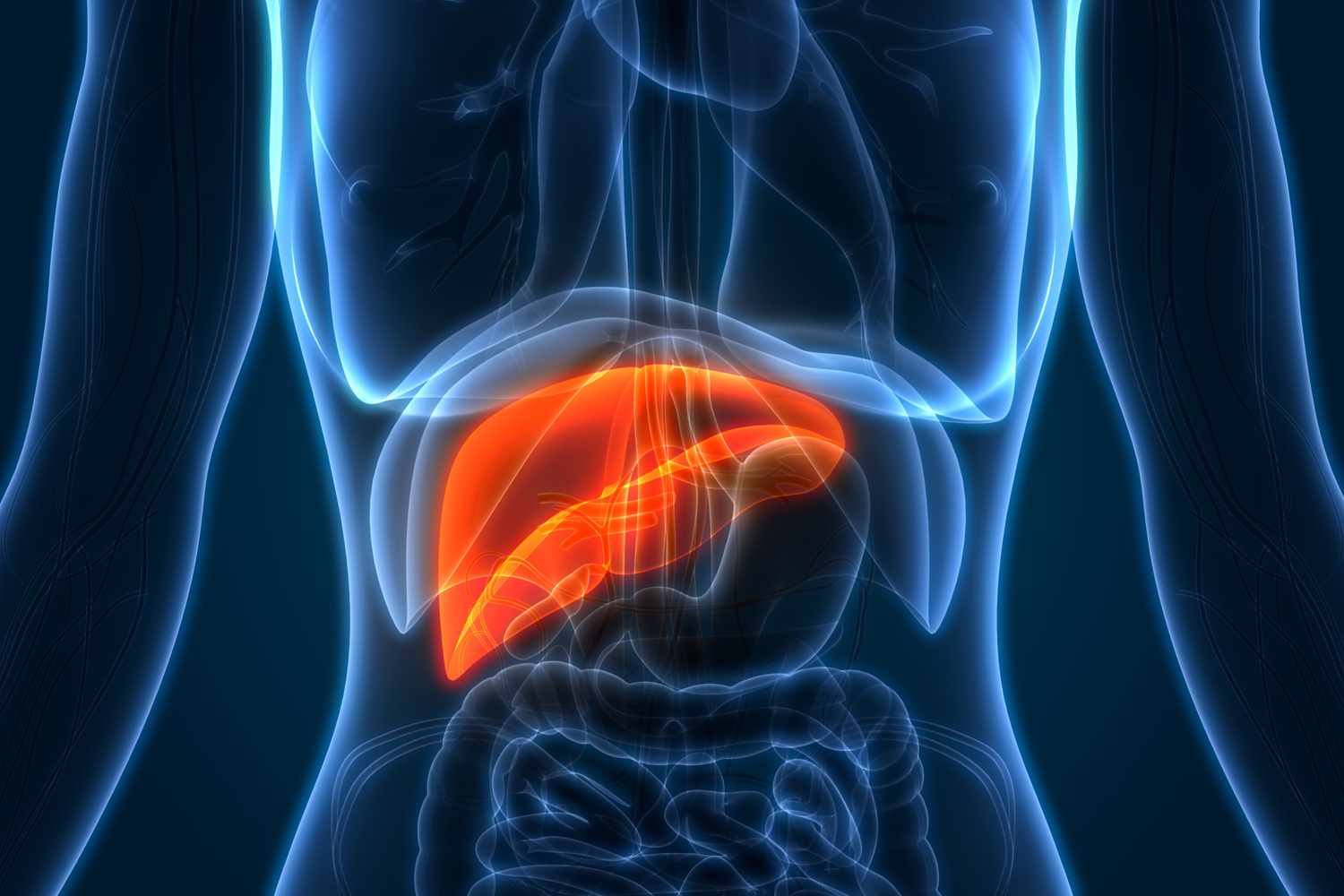Every week, the editors of Cancer Today magazine bring you the top news for cancer patients from around the internet. Stay up to date with the latest in cancer research and care by subscribing to our e-newsletter.
Immunotherapy Before Surgery May Improve Outcomes for Liver Cancer Patients
Neoadjuvant immunotherapy, treatment given before surgery, may allow more patients with hepatocellular carcinoma (HCC) to undergo surgical resection, according to a story in Healio. HCC is the most common form of liver cancer, accounting for four out of five diagnoses. A study published in the August issue of the American Association for Cancer Research (AACR) journal Cancer Research Communications found that patients with high-risk localized HCC who received immune checkpoint inhibitors before surgery went as long without cancer returning as patients who received surgery up front. (The AACR publishes Cancer Today.) Currently, only 30% of patients with HCC can undergo surgical resection of their liver due to a variety of factors, including tumor size and location. Neoadjuvant immunotherapy opens up the surgical option for more patients with liver cancer, potentially improving treatment outcomes for these patients. “We were very excited by these results,” oncologist Mari Nakazawa, a clinical research fellow at Johns Hopkins Kimmel Cancer Center in Baltimore and a study author, told Healio. “What we consider traditionally ‘resectable’ in hepatocellular carcinoma may be too narrowly defined.” Nakazawa cautioned that more study is needed to determine which liver cancer patients are most likely to benefit from immunotherapy before surgery.
FDA Extends Approval of Imfinzi for Lung Cancer Patients
The Food and Drug Administration (FDA) on Aug. 15 approved the use of Imfinzi (durvalumab) combined with chemotherapy to treat adult patients with resectable early-stage non-small cell lung cancer (NSCLC) who do not have EGFR or ALK mutations. Imfinzi was already approved to treat patients with late-stage NSCLC when the cancer could not be removed with surgery. In the treatment for resectable cancer, patients are first treated with Imfinzi and chemotherapy before surgery and with Imfinzi alone after surgery. According to a story on Drug Store News, about 25% to 30% of all patients with NSCLC are diagnosed early enough for surgical removal of their cancer, but most of these patients will see the cancer recur. Depending on the stage of cancer, five-year survival for these patients ranges from 9% to 46%. Using Imfinzi combined with chemotherapy extended event-free survival and increased the rate of pathological complete response in these patients, compared with those who took only chemotherapy and a placebo, according to the FDA approval. “This approval brings an important new treatment option that should become a backbone combination approach for patients with resectable non-small cell lung cancer who have historically faced high rates of recurrence even after chemotherapy and surgery,” thoracic oncologist John Heymach of the University of Texas MD Anderson Cancer Center in Houston said in the Drug Store News story.
Study Highlights Unmet Need for Caregiver Support
The distress caused by a cancer diagnosis is well known, and guidelines exist to assess and treat it in patients. But stress, anxiety and depression can also affect patients’ caregivers. A study published online Aug. 15 in JAMA Oncology found that spouses of cancer patients are much more likely to attempt suicide and succeed in the attempt than spouses married to people without cancer. Analyzing data from a national patient database in Denmark, researchers found spouses of cancer patients had a 1.28 times higher risk of suicide attempt and a 1.47 times higher risk of suicide death compared with spouses of people without cancer. Spouses of patients with more aggressive cancers had a higher risk of suicide attempts and deaths, whereas spouses of patients with a better prognosis had no significant risk difference, researchers found. “If you have a diagnosis of really bad cancers like pancreas, the risk is higher. The risk is also higher right after diagnosis,” epidemiologist Fang Fang of the Karolinska Institute in Stockholm, Sweden, and the senior author of the study, said in a story on STAT. In the study, the number of suicide deaths among spouses of people with cancer was 16 per 100,000 people per year, a relatively small number. But the researchers stressed that every life is important and that the increases in suicide attempts and deaths in caregiving spouses indicate a broader unmet problem facing many caregivers who do not attempt suicide. “A significant increase in suicide—what does that mean about the large numbers of people who are suffering from depression who don’t commit suicide,” said epidemiologist Weiva Sieh of the University of Texas MD Anderson Cancer Center in Houston, who was not involved in the study but cowrote an accompanying editorial.
(If you have thoughts of harming yourself or ending your life, the National Suicide Prevention Lifeline, suicidepreventionlifeline.org, provides free and confidential support at any time and can be reached by calling or texting 988.)
Cancer Today magazine is free to cancer patients, survivors and caregivers who live in the U.S. Subscribe here to receive four issues per year.





